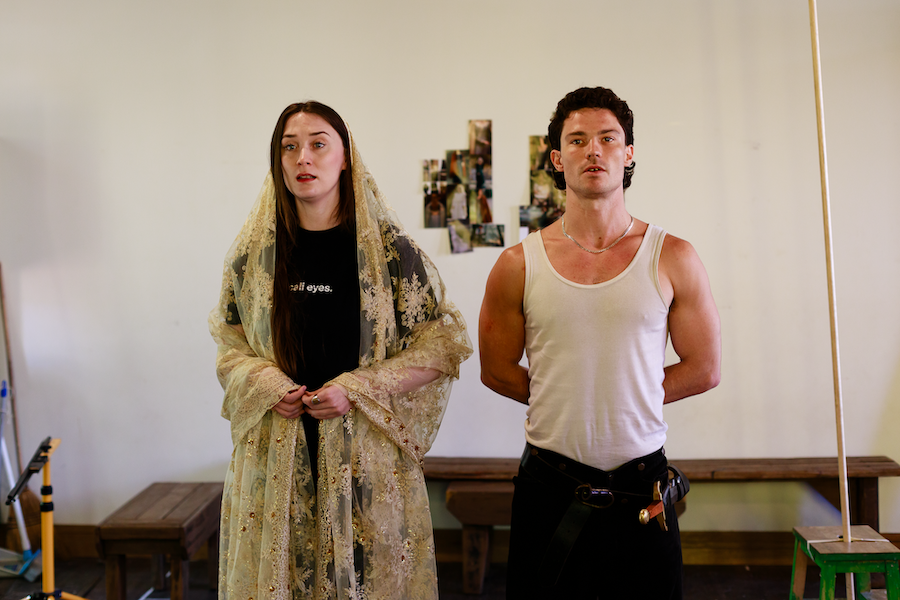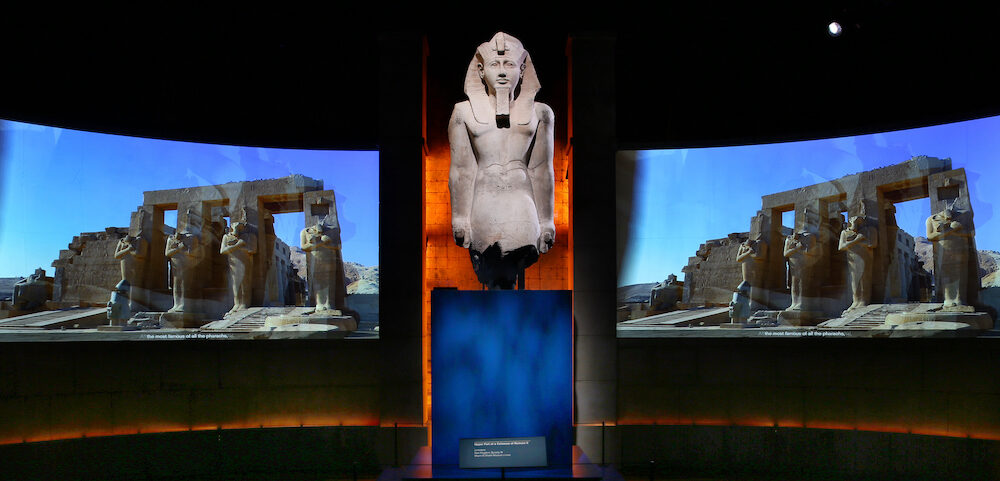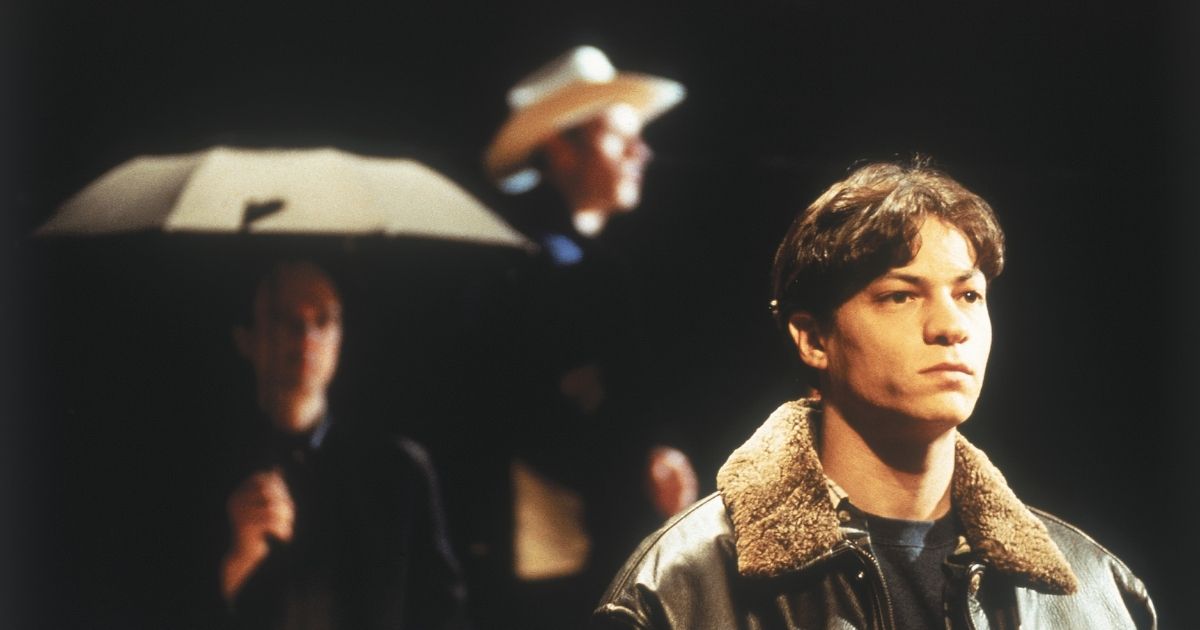
THE NAKED CITY – WILDSIDE OF THE PANDEMIC

Whilst the current pandemic has had a massive effect on humanity and occupied our news services virtually 24/7, little has been noted on the impact on non-human animals – be it negative or surprisingly positive. There have been a few isolated cases of dogs being infected with a mild form of COVID-19, but so far it seems domestic and farm yard animals have not been impacted.
The virus could well have sprung from the wet markets of Wuhan, but that’s a puzzle which might never be solved. The decision by China not to permanently outlaw all wet markets, partly endorsed by the World Health Organisation (WHO), is hard to comprehend. Sadly it gives a green light to the horrendous global trade in exotic wildlife, not only in China but right throughout countries like Thailand, Cambodia, Vietnam and Taiwan – to name just a few.
If the wet markets continue worldwide, not only is the possibility of the next epidemic or pandemic originating there, but many species of trafficked animals face extinction. For the highly endangered pangolin, the temporary closure of Chinese wet markets during the height of the pandemic meant at least a partial reprieve. Once the markets resume the criminal gangs who deal in the illegal wildlife trade will no doubt restart what is essentially a government sanctioned industry.
What then of wildlife in general throughout the world and the immediate consequences of the pandemic? In Lebanon for starters it’s been reported that flocks of migratory birds have descended into the now much quieter cities, where most off the residents are locked in their homes. Migratory birds, never before witnessed in the country, are now choosing the more welcoming landscape as an attractive stopover. With both the pandemic and a highly likely global recession set to affect us for years, there could be numerous similar stories.
Closer to home and it will be interesting to see what the effect is on the many urban scavengers who make the Sydney CBD and surrounds their home – pigeons, possums, seagulls, rats and ibises. The parks and common areas which once gave up a smorgasbord of human trash are now all but deserted. The infamous ibis or ‘bin chicken’ for example could well forsake the city and return to its more rural and wetland origins.
For those of us who live in a more suburban setting and are now generating additional waste whilst isolated at home, we could well see some dramatic changes in the wildlife we attract and support. Rats and mice could well take advantage of the increase in home cooking and expand their population exponentially. And if you happen to find an ibis in your backyard going through your bulging wheelie bin, don’t be surprised. Anything is possible in the months and even years of total uncertainty that lie in front of us. Once thing is predictable – as human beings adapt to the so-called new normalcy, wildlife will also adapt, often in a way which is totally unpredictable!









